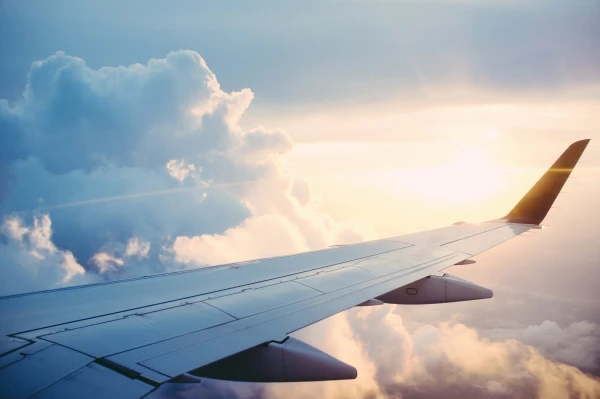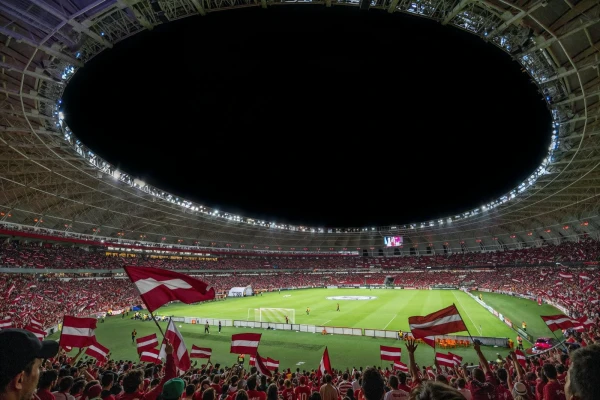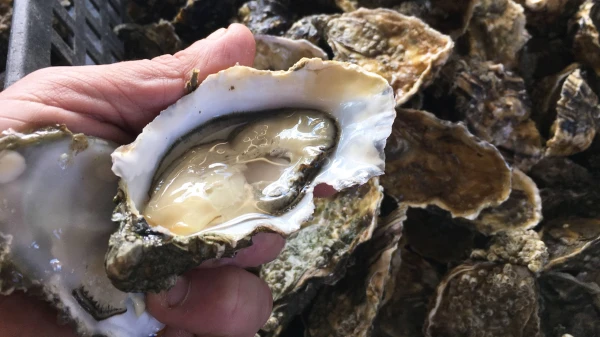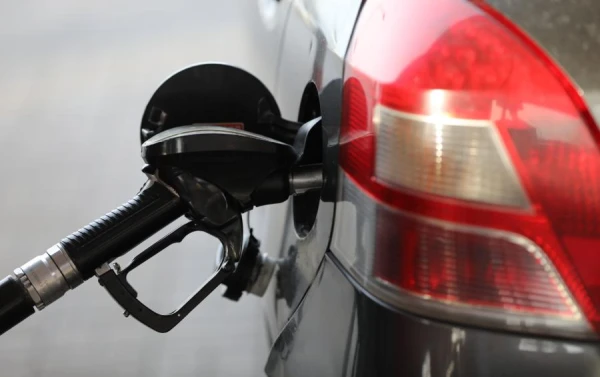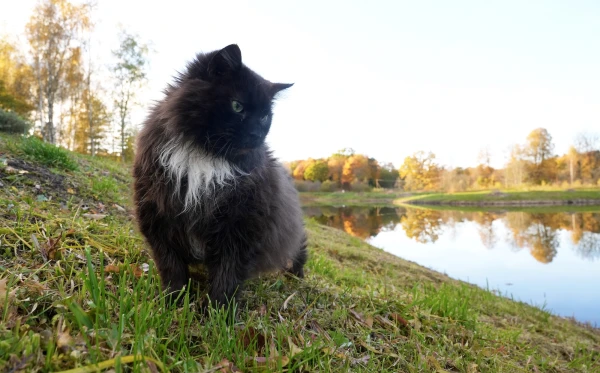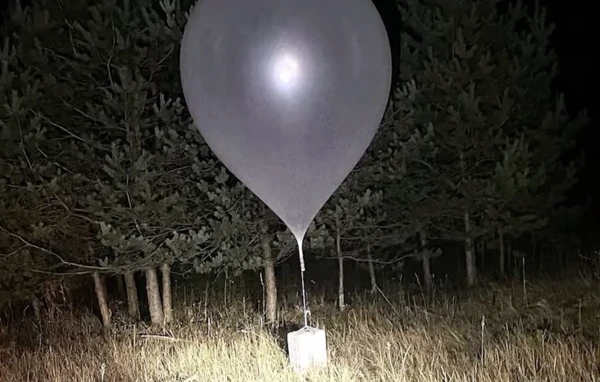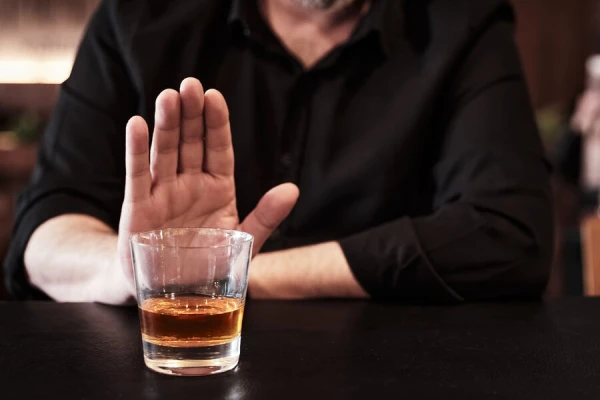
Yekaterinburg residents consume about 100 times more than Chechens.
In September of this year, the level of alcohol consumption in Russia reached a historic low since 1999, amounting to 7.84 liters per capita over the last 12 months. Meanwhile, just a month earlier, the corresponding figure was at 7.93 liters, according to Russian media.
It is noted that available data up to 2008 is primarily based on official alcohol sales, while in the 1990s, experts estimate that the illegal market accounted for up to two-thirds of total sales.
The lowest alcohol consumption in the country is observed in the regions of the North Caucasus: Chechnya — only 0.13 liters, Ingushetia — 0.62 liters, Dagestan — 0.89 liters, Kabardino-Balkaria — 2.25 liters, Karachay-Cherkessia — 2.63 liters.
The average Moscow resident consumed 4.91 liters of alcohol, while a resident of St. Petersburg consumed 6.55 liters. In the Novosibirsk region, this figure was 8.83 liters per person, in Sverdlovsk — 10.49 liters, and in Tatarstan — 8.5 liters over the same period.
Meanwhile, Russia increased its import of French wine by a third to 1.2 million euros at the end of summer. The last time it was higher was in September of last year — then purchases amounted to 1.6 million euros.
In addition, Russian companies began purchasing more wine from Latvia — up 18% to 11.7 million euros, as well as from Spain — up 9% to 1.3 million.
At the same time, Italy was the main supplier of wine to the Russian market among EU countries, although its supplies decreased by a quarter in the last summer month, amounting to 16 million euros. Poland also showed a decline — down 17% to 6.6 million euros, Portugal — by a quarter to 3 million euros, and Germany — almost halved to 1.5 million.
In total, Russian wine imports from the EU in August amounted to 43.2 million euros, which is 13.5% less than July's supplies.
In the fall, it is better to refrain from alcoholic beverages, as alcohol reduces the activity of T-lymphocytes, which are responsible for fighting viruses — such advice was given in a conversation with the media by therapist and occupational pathologist Svetlana Burnatskaya from the Medicine clinic (Academician Roitberg's clinic). Moreover, according to her, alcohol worsens the quality of sleep, during which the body actively destroys infections.
"Alcohol also stimulates inflammatory processes, which increases the risk of complications when coming into contact with viruses. Even small doses can weaken the immune response, especially if drinks are consumed regularly or combined with little sleep, stress, and hypothermia," the specialist warned.
She advised warming up in the fall without harming health. Herbal teas with cinnamon, ginger, cloves, or cardamom, hot apple drinks with spices, as well as warm milk with turmeric or honey are suitable for this.
In the fall, to stay energetic and avoid illness, it is important not only to eliminate alcohol and maintain a sleep schedule but also to monitor the diet to ensure the body receives a variety of vitamins in sufficient quantities.
<iframe width="560" height="315" src="https://www.youtube.com/embed/v_RqkFFIeNM?si=538gkT6Th1izGBdg" title="YouTube video player" frameborder="0" allow="accelerometer; autoplay; clipboard-write; encrypted-media; gyroscope; picture-in-picture; web-share" referrerpolicy="strict-origin-when-cross-origin" allowfullscreen></iframe>